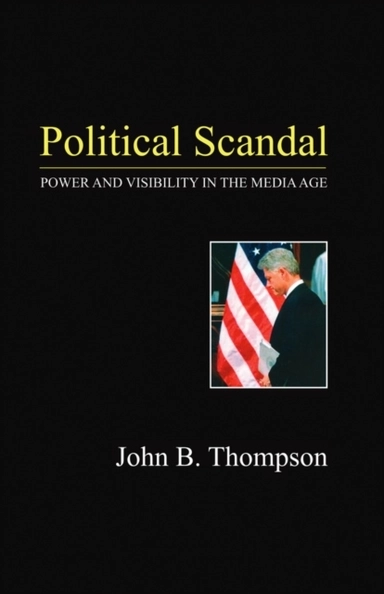Political scandals have become a pervasive feature of many societies today. From Profumo to the cash-for-questions scandal, from Watergate to the Clinton-Lewinsky affair, scandals have come to play a central role in politics and in the shaping of public debate. What are the characteristics of political scandals and why have they come to assume such prominence today? What are the social and political consequences of the preoccupation with political scandal in the public domain?
In this major new book Thompson develops a systematic and wide-ranging analysis of the phenomenon of political scandal. He shows that the rise of political scandal is linked to the changes brought about by the development of communication media, which have transformed the nature of visibility and altered the relations between public and private life. He analyses the characteristics of scandals as mediated events and he explains why mediated scandals in the political field have become increasingly prevalent in recent years.
Distinguishing between three basic types of political scandal, Thompson reconstructs the development of sex scandals, financial scandals and what he calls 'power scandals' in Britain and the United States, showing how scandals unfold and how they form part of distinctive political cultures of scandal. In the final chapter, Thompson develops an original theoretical account of political scandal and its consequences which highlights the connections between scandal, reputation and trust.
This book is a path-breaking analysis of a troubling phenomenon which has become a central feature of public life in our societies today. It will be of great interest to students of sociology, politics, and media and cultural studies. It will also appeal to a wider readership interested in social and political issues.
Åtkomstkoder och digitalt tilläggsmaterial garanteras inte med begagnade böcker





















